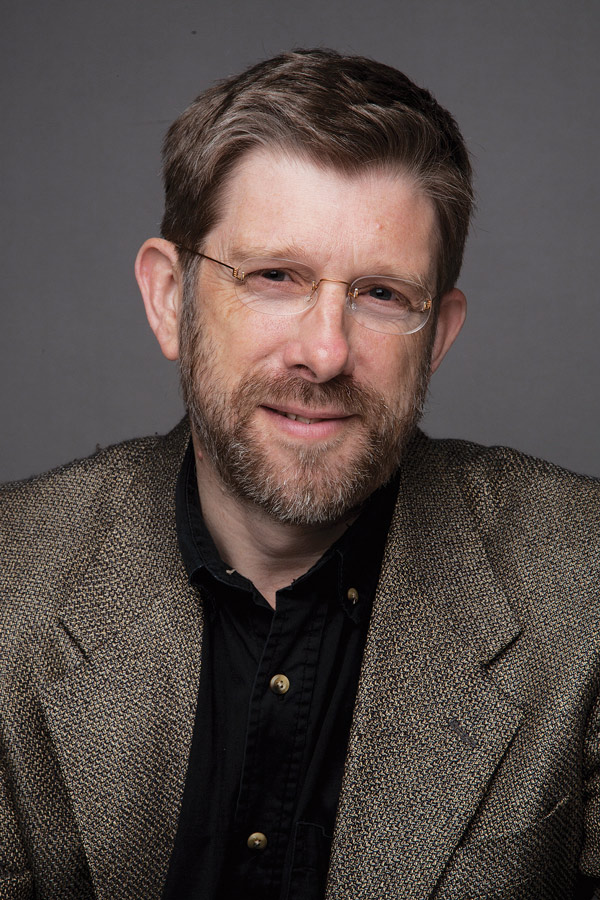
Douglas Allchin ’79 addresses biological misconceptions in Sacred Bovines, whose title playfully modifies the familiar phrase for beliefs that go unchallenged. In 28 short essays, Allchin explores popular misunderstandings of science, delving into issues of sex and gender, evolution, human nature, genetic determinism, and politics and emotions in science.

“Good educators address student misconceptions,” says Allchin, who adds that teaching science directly from a textbook makes it harder for students to learn how science works and why (and when) to trust science. He finds that “historical stories are illuminating and enlightening” and uses them to help convey the themes about how to think — and how not to think — about science.
Cool Plants for Cold Climates: A Garden Designer’s Perspective (University of Alaska Press, 2017)
Adams details how to maintain a flawless and interesting garden even in the harshest conditions. Filled with insightful advice, accessible explanations and beautiful photographs of gardens Adams has designed, this book will help spice up your curb appeal in any season.
Veronica Raggi ’00
Exposure Therapy for Treating Anxiety in Children and Adolescents: A Comprehensive Guide (New Harbinger Publications, 2018)
Exposure therapy helps people confront their fears in a safe environment. This guide, co-authored by Raggi, walks the reader through methods of assessing contributing factors and implementing exposure therapy to treat an array of conditions. .
Brian Mitchell
How to Run a College (Johns Hopkins University Press, 2018)
Bucknell’s former president (2004 to 2010) co-authored this work with W. Joseph King to provide insight on managing the financial and institutional struggles faced by small colleges and universities. How to Run a College takes a step-by-step approach to providing historical context, as well as evidence-based insights, for education leadership to use in strategic planning.
Lauren James ’13
The Last Beginning (Sky Pony Press, 2018)
Originally published in the UK, The Last Beginning is the sequel to The Next Together. The series follows protagonist Clove Sutcliffe as she navigates time travel, love stories and reincarnation. James’ inclusion of text messages, letters and even Snapchat screenshots make this young adult fiction novel an intriguing read.